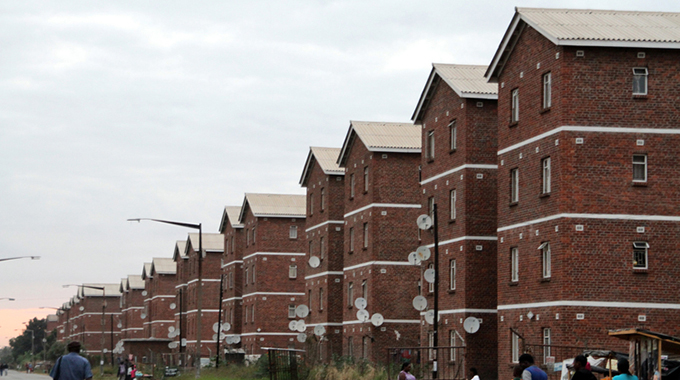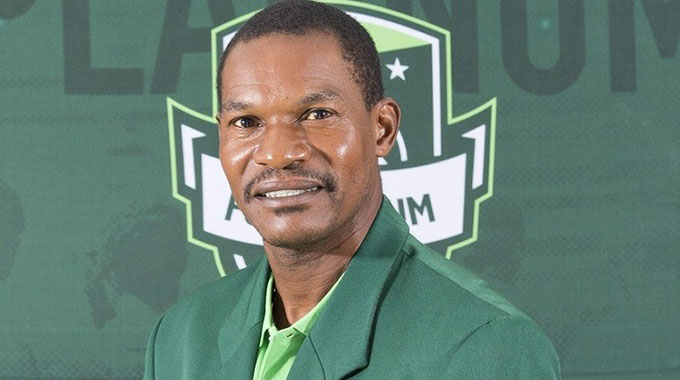Pioneer Cemetery: Where the living relax with the dead

Yeukai Karengezeka Herald Correspondent
Reasonably safe open recreational space is now so scarce in the northern Mbare area that Pioneer Cemetery has become a favoured spot — for at least young people — to relax in, or abuse drugs or even engage in romantic or sexual relations.
As more people become less superstitious, fear of the graveyards and respect for the dead is diminishing.
So the cemetery gets a different sort of visitor. Very few of those buried in this cemetery, the first for settlers, even have relatives or descendants in Zimbabwe, so the only maintenance is of the very basic kind provided by Harare Municipality. And without family visits, others have taken up the space.
The only two areas where someone outside the municipality obviously takes an interest is the small plot reserved for the Catholic Church’s Dominican sisters and the corner fenced off for official Commonwealth war graves, mostly of young men killed during flight training in the Second World War and whose graves are among the hundreds of thousands around the world maintained through the Commonwealth War Graves Commission head-quartered in London.
Young couples trying to escape the prying eyes of the living are choosing to spend time with the dead.
The shortage of recreational facilities in the city has also worsened the situation, as youths now “hang around” with the dead.
When The Herald visited Pioneer Cemetery recently, three young couples were relaxing just adjacent to the graves.
Other youths were also spotted while abusing drugs in the same graveyard.
The couples ran away immediately when the crew tried to find out why they preferred the cemetery.
The youths that were “doing drugs” threatened to beat up the crew.
Traders, who operate close to the cemetery, said they were now used to seeing couples spending time in the cemetery.
“I have been operating along this road for some time and I see a lot of things that happen inside that graveyard.
“Most of the couples that visit this cemetery work nearby at Mupedzanhamo and Shawasha Grounds,” said Miriam Munetsi, who sells second-hand clothes.
She said Pioneer Cemetery was also a safe haven for married people to meet away from the glare of friends and family.
“In most cases we have seen married men and women meeting in the cemetery. The cemetery offers a bit of privacy and cannot expose their affairs. Besides, its free and as you can see, people can walk in and out at will because the pre-cast wall that used to secure the cemetery was vandalised.
“Most of the activity happens in the evening under the cover of darkness,” said Mrs Munetsi.
During the day, unemployed youths can be seen smoking and drinking illegal substances oblivious of the fact that there is Mbare Police station next to the cemetery.
Others use it as a short cut to get to Mupedzamhamo and other shopping areas.
A youth who identified himself as Tafadzwa said the graveyard was peaceful and close to his workplace, so when he needs to rest, he goes to relax there.
An elderly Mbare woman castigated the practice, saying it brings bad luck to the city.
“I do not understand what has come over this young generation.
“It is unheard of that people go and engage in romance or to rest in graveyards, a place for the dead.
“These are some of the things that bring bad luck to the city. No wonder why even the rains are not falling,” said Mbuya Chigwere.
Another resident, Mr Cosmas Mangwiro, blamed the City of Harare for turning most recreational and open spaces into residential stands.
“During our younger days, we used to have many places we could go to and play, meet and mingle with friends and our loved ones.
“But now I guess it is because these recreational places have been turned into stands and people resort to using any place they feel can accommodate them to achieve their goal.
“Council should stop people from invading recreational places and open spaces. Now our children no longer have decent places within the community where they can meet,” he said.









Comments